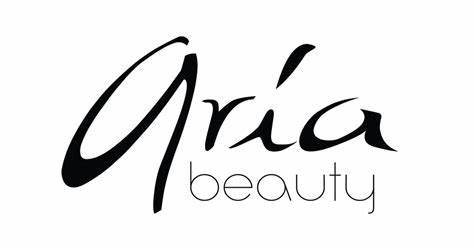Beautiful, healthy hair is a universal desire, but achieving and maintaining it requires knowledge, dedication, and the right practices. This comprehensive guide delves into the best strategies for nurturing your hair from the inside out, providing tips and techniques for every hair type. Whether your hair is curly, straight, wavy, or coiled, the principles of hair health remain largely the same. Read on to discover how you can transform your hair into its best version.
Understanding Hair Health

Healthy hair is characterized by its shine, strength, and manageability. Factors such as genetics, diet, hair care routine, and environmental exposure all play a role in the condition of your hair. Understanding these elements can help you tailor a hair care regimen that works best for you.
Nutrition for Healthy Hair

Your hair's health starts from within. A balanced diet rich in essential vitamins and minerals can significantly impact hair growth and strength.
Essential Nutrients

-
Protein: Hair is primarily made of keratin, a type of protein. Ensure your diet includes adequate protein sources like eggs, lean meats, and legumes to support hair growth.
-
Vitamins: Vitamins A, C, D, and E, along with B-complex vitamins like biotin, play crucial roles in hair health. These vitamins aid in the production of sebum, scalp circulation, and overall hair strength.
-
Minerals: Iron, zinc, and omega-3 fatty acids are essential for maintaining healthy hair follicles. Incorporate foods like spinach, nuts, and fish into your diet.
-
Hydration: Staying hydrated is essential for healthy hair. Water helps in maintaining the moisture balance of your scalp and hair.
Hair Care Routine

Establishing a consistent hair care routine tailored to your hair type is fundamental to maintaining healthy hair.
Cleansing
-
Shampoo: Choose a sulfate-free shampoo that cleanses without stripping natural oils. The frequency of washing depends on your hair type and scalp condition; oily hair may require more frequent washing, while dry hair can benefit from less frequent washing.

-
Scalp Care: A healthy scalp is the foundation of healthy hair. Regularly exfoliate your scalp to remove dead skin cells and promote circulation. Look for shampoos with ingredients like salicylic acid for gentle exfoliation.
Conditioning
-
Conditioner: Always follow shampooing with a conditioner to restore moisture and detangle hair. Focus on the ends of your hair to prevent split ends and breakage.
-
Deep Conditioning: Incorporate a deep conditioning treatment into your routine once a week. Look for products with ingredients like shea butter, coconut oil, and proteins to strengthen and nourish your hair.
Styling Practices
Healthy styling practices are crucial in preventing damage and promoting hair health.
Heat Styling
-
Heat Protectant: Always use a heat protectant spray before using heat styling tools like blow dryers, curling irons, or straighteners. This creates a barrier that reduces heat damage.
-
Temperature Control: Use the lowest effective heat setting on your styling tools. High temperatures can cause irreversible damage and dryness.
Protective Styles
-
Minimize Damage: Opt for hairstyles that minimize tension and stress on your hair. Braids, buns, and twists are excellent protective styles that reduce breakage.
-
Night Care: Protect your hair while you sleep by using a silk or satin pillowcase, or wrap your hair in a silk scarf. These materials reduce friction and prevent breakage.
Environmental Factors
External factors like sun exposure, pollution, and seasonal changes can affect hair health.
Sun Protection

- UV Protection: Just like your skin, your hair can benefit from UV protection. Use hair products with SPF or wear a hat when spending extended periods in the sun.
Humidity and Dryness
-
Humidity: High humidity can cause frizz and loss of definition, especially for curly hair. Use anti-frizz serums and moisturizers to keep your hair smooth.
-
Dry Air: During colder months, the air can be very dry, leading to brittle hair. Use a humidifier at home to maintain moisture levels and prevent dryness.
Specialized Hair Treatments
For those looking to address specific hair concerns, specialized treatments can offer targeted benefits.
Hair Masks

Hair masks are intensive treatments that provide deep conditioning and nourishment. Use masks with ingredients like honey, avocado, and olive oil for added hydration and strength.
Scalp Treatments
Healthy hair starts with a healthy scalp. Consider treatments that focus on scalp health, such as oil massages with essential oils like peppermint and tea tree, which can improve blood circulation and reduce dandruff.
Conclusion: Your Journey to Healthy Hair
Achieving and maintaining healthy hair is a journey that involves a combination of proper nutrition, a consistent hair care routine, mindful styling practices, and protection from environmental factors. By incorporating these elements into your daily regimen, you can transform your hair and keep it looking its best. Remember, the key to healthy hair is patience and consistency. Embrace the journey and enjoy the beautiful results!

